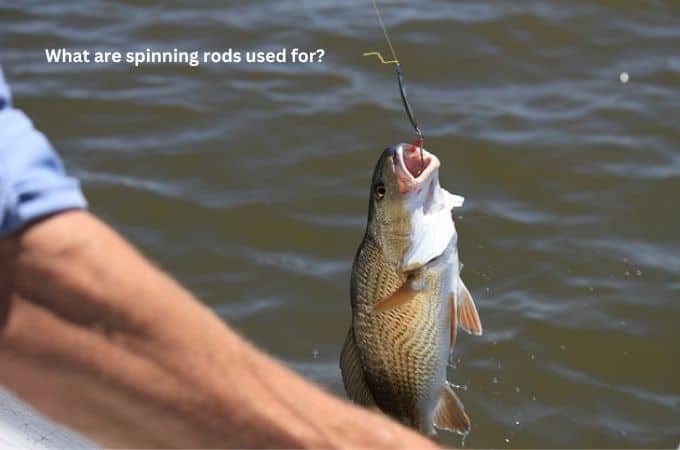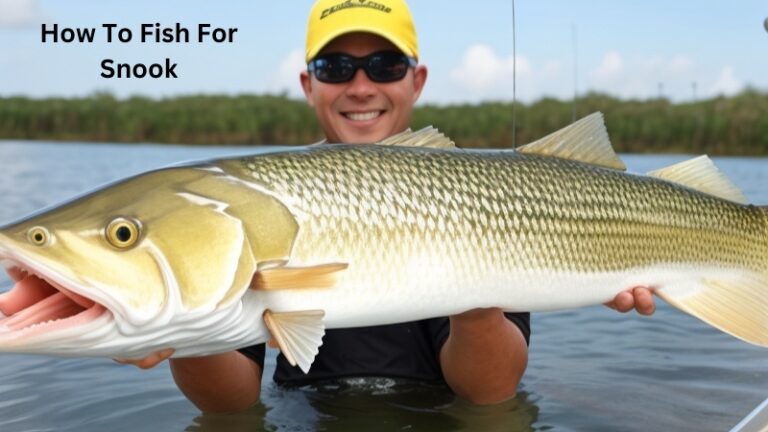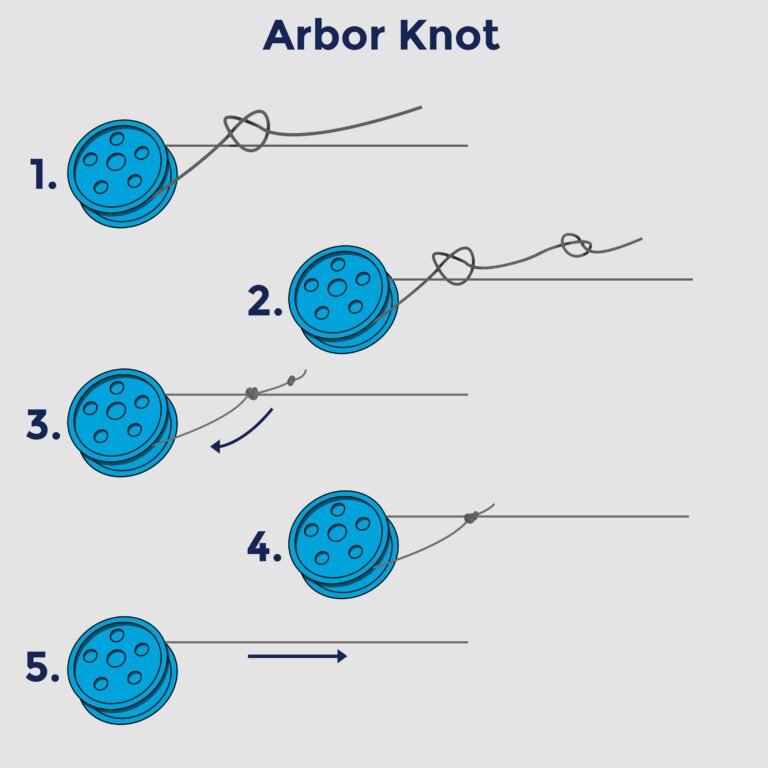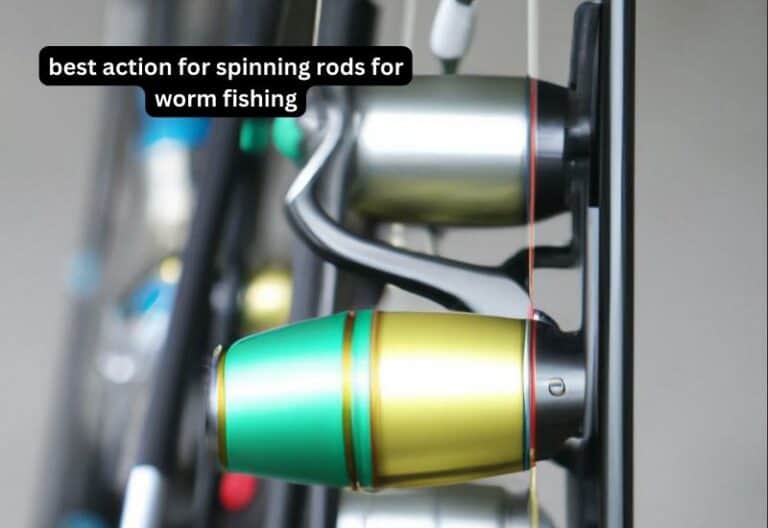What are spinning rods used for?
Today we discuss What are spinning rods used for? Let’s talk about spinning rods. If you’re new to fishing, or just need a refresher on the basics, then you’ve come to the right place! Spinning rods are an essential part of any angler’s toolkit. Not only are they great for catching fish, but they also make your fishing trips more fun and enjoyable. So strap on your waders and let’s talk about spinning rods!
Spinning Rod:
A spinning rod is a type of fishing rod that is specifically designed for spin-casting lures. It has a flexible tip which allows it to cast farther and more accurately than traditional rods. The length of the rod can vary from 4-8 feet depending on the type of fish you’re trying to catch. The longer the rod, the better accuracy, and distance you will have when casting out lures.
Where Can I Use A Spinning Rod?
Spinning rods are perfect for small bodies of water such as lakes and ponds. The flexibility of the rod makes it easy to cast lightweight lures in tight spaces that other types of fishing rods wouldn’t be able to reach. They are also great for catching smaller fish such as bass, trout, bluegill, perch, panfish, etc. However, if you’re looking for larger game fish like musky or salmon then you may need a heavier-duty rod that can handle their weight and size.
The Benefits Of Using A Spinning Rod:
Using a spinning rod gives you greater accuracy when casting out lures because it has a flexible tip that allows it to move freely in all directions without getting stuck in weeds or rocks like some other types of fishing rods can do. Spin casting also eliminates backlashing which is when your lure gets tangled up in your line and becomes difficult to control or untangle without taking apart your reel completely.
Another benefit is that spinning rods come in different sizes so it’s easier to find one that fits your needs perfectly instead of having to buy multiple rods with varying lengths or weights just because you want to target different types of fish with different lures or techniques.
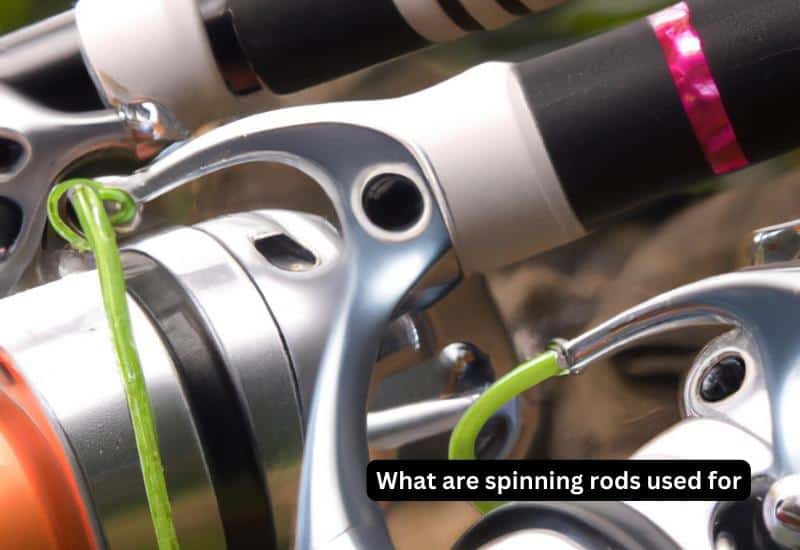
difference between conventional and spinning rods:
- Conventional rods are typically longer, heavier, and have a more powerful action than spinning rods.
- Conventional rods also require the use of different fishing techniques such as trolling or jigging. They are best suited for open-water fishing applications such as trolling for pelagic species like tuna or marlin. On the other hand, spinning rods are slightly shorter and lighter, making them more suitable for casting lures or baits.
- Spinning rods are often used in freshwater fishing applications such as bass or trout. Furthermore, spinning reels are usually mounted on the underside of a spinning rod, whereas a conventional reel is mounted at the top of a conventional rod.
- With conventional rods, you can use heavier lines and heavier weights, which gives you more power on the cast and when fighting a fish.
- Spinning rods, however, provide greater accuracy for precise casting. So depending on what type of fishing you’re doing, either conventional or spinning rods can be used effectively.
spinning vs casting rod for beginners:
A spinning rod is a great choice for beginners because it’s more versatile than a casting rod. A spinning rod can be used for both casting and trolling, while a casting rod can only be used for casting.
Spinning rods are also usually lighter and easier to use than casting rods, which makes them a better choice for beginners.
Conclusion:
All things considered, spinning rods are an essential tool for any angler looking for a reliable way to cast out their lures with precision and accuracy no matter what type of body of water they’re fishing in! Whether you’re looking for smallmouth bass in a pond or musky in a lake – there’s no doubt that using a spinning rod will help increase your chances of catching something! So what are you waiting for? Get hooked with spinning rods today!
